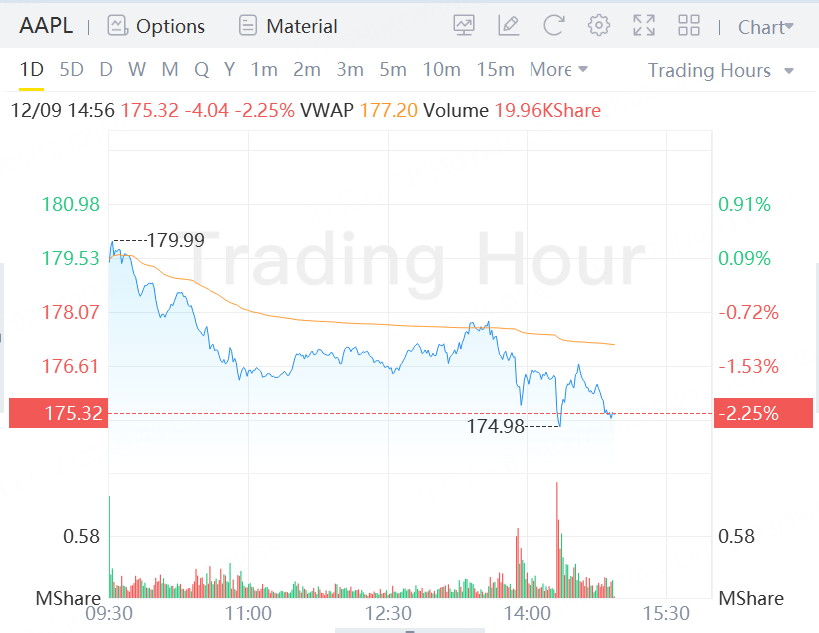Apple held its annual iPhone launch event Tuesday at Apple Park, the company’s headquarters in Cupertino, California.
The company announced the iPhone 15 and iPhone 15 Plus, complete with USB-C charging and starting at $799. It also unveiled the iPhone 15 Pro and Pro Max, starting at $999. Another key announcement was the brand-new Apple Watch, made with 95% titanium and with 72 hours of battery life, as well as the latest AirPods.
The iPhone 15 Pro cameras are getting a big upgrade
The 48-megapixel cameras will now be able to shoot in 48MP HEIF and super-high-resolution as a default. The 24-megapixel photos will work in low-light, highly detailed photographs.
The sensor is bigger than in previous iPhone models, and iPhone 15 Pro’s Photonic Engine allows 24, 28 and 35 millimeter focal lengths.
There will also be a 3X telephoto camera for the iPhone 15 Pro. For the 15 Pro Max, that will be upgraded up to a 5X zoom. That’s a new differentiation between the two models of the already highest-end iPhones.
The iPhone 15 Pro Max will also include a 120mm focal length.
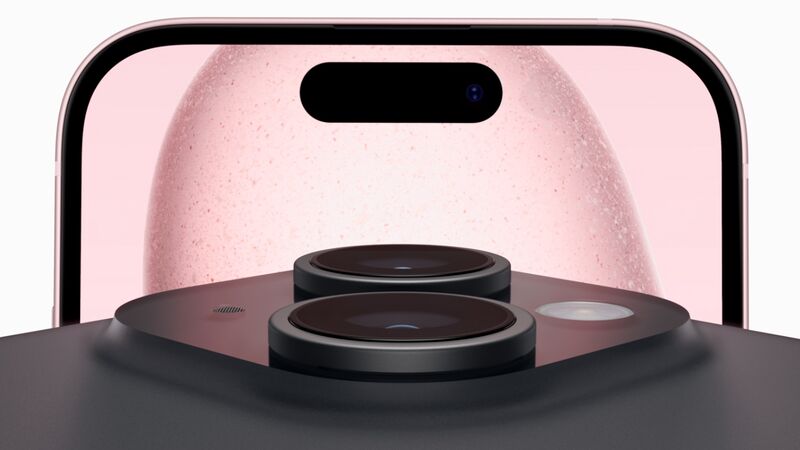
Apple Announces iPhone 15 Price Will Start at $799
The new iPhone 15 features include the Dynamic Island, a brighter screen that goes to 1600 nits (or 2000 nits in peak brightness) and 6.1-inch and 6.7-inch size options.
The base iPhone 15 will cost $799. The larger iPhone 15 Plus will cost $899. The low-end price remains unchanged.
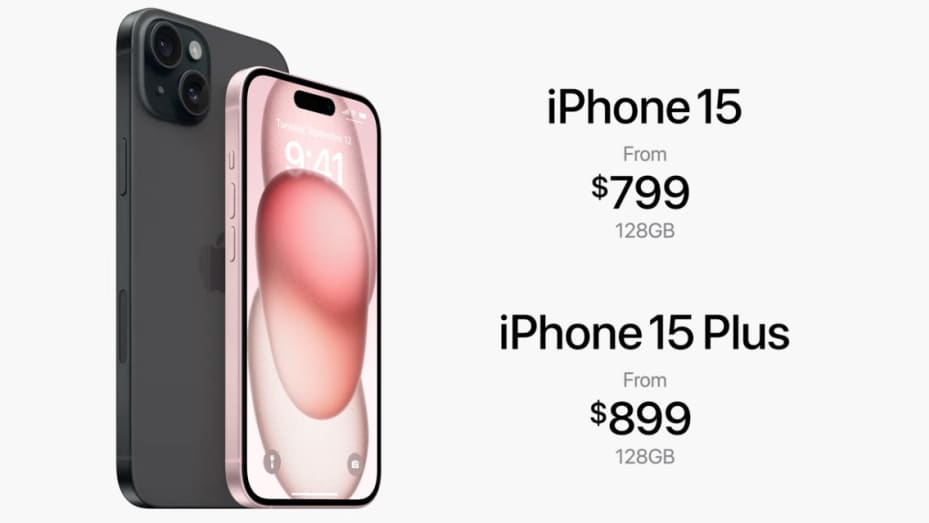
The high-end, titanium-enclosed iPhone 15 Pro will come in black, blue, and silver. Apple execs are touting how light and thin it is, while also emphasizing the strength of titanium, comparing it to the alloys used in the Mars rover.
Apple chose not to raise prices during a tough period globally for smartphone sales. For the Pro series, prices start at $999 and the Pro Max at $1,199, the same prices as last year for the same levels of storage, available starting Sept. 22.
Apple confirms USB-C change
Apple Inc. executives confirmed that the iPhone is switching to a new charging standard at a Tuesday event, but didn't have much to say about the change.
"USB-C has become a universally accepted standard, so we’re bringing it to iPhone," an Apple presenter said, during a part of the presentation that was largely devoted to Apple's hopes for wireless technology.
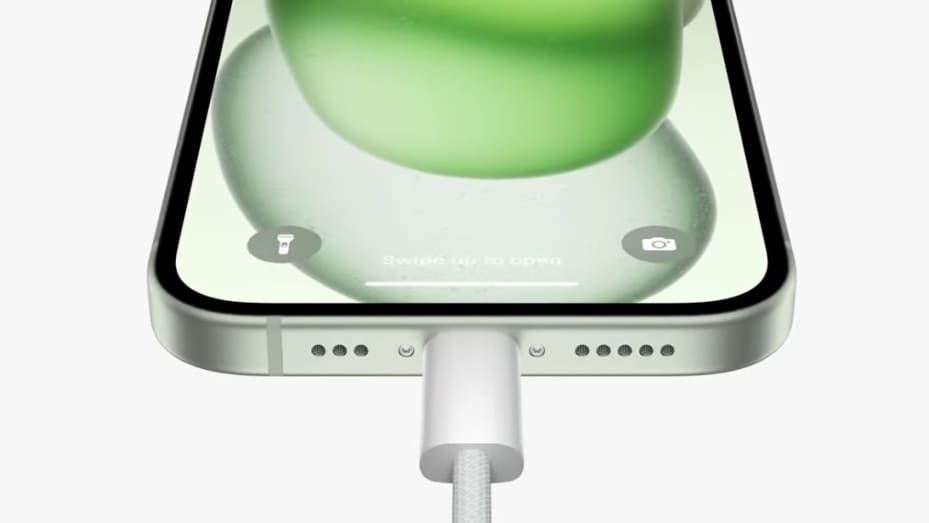
It's not a surprise that Apple largely avoided discussing the change to USB-C beyond a brief announcement and mentioning that it will mean the same cord can charge all Apple devices. The company fought the change every step of the way.
Apple is changing from its proprietary "Lightning" connector to a USB-C port in the iPhone 15 lineup because of a new rule established by the European Parliament. As the European Union was considering that rule, Apple fought it, claiming that the move would stifle innovation and be bad for consumers.
USB-C is also coming to the AirPods Pro and EarPods.
Apple unveils the new Apple Watch Ultra 2
Apple Watch Ultra 2 will include the new S9 chip, with precision finding through a new second-generation ultra wideband architecture, and a new display capable of 3,000 nits. It also has 72 hours of battery life and 95% recycled titanium.
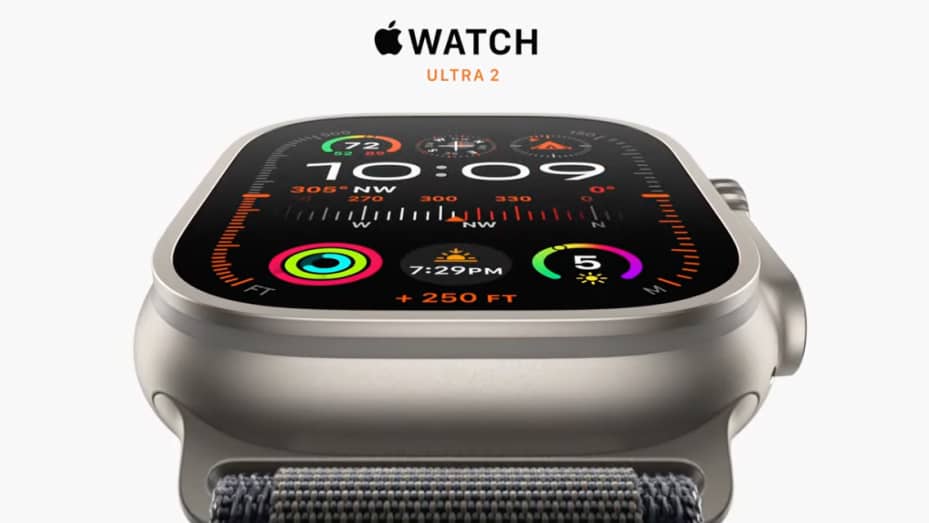
The device will come with a new watch face, exclusively for Ultra 2, called Modular Ultra. Apple describes it as the most customizable watch face it has ever made.
The Apple Watch has a new S9 chip
Apple also showed off a new Series 9 Watch with a feature called "double tap" where users tap thumb and finger together twice, without touching the watch, in order to perform tasks like answering a phone call.
It uses machine learning to detect tiny changes in blood flow when the user taps their fingers together, freeing up the other hand for other tasks like walking a dog or holding a cup of coffee, said Apple Chief Operating Officer Jeff Williams.
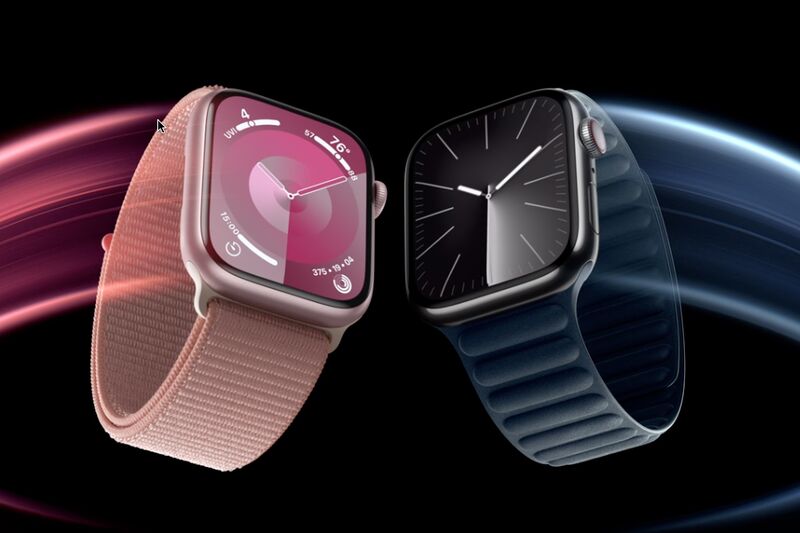
While Apple is introducing new features and products, the iPhone made up more than half of Apple's $394.3 billion in sales last year.
The global smartphone market has slumped from shipping 294.5 million total phones to 268 million in the second quarter, but Apple's shipments declined the least of any major smartphone maker, dropping from 46.5 million phones to 45.3 million, according to data from Counterpoint Research.
Analysts have repeatedly prodded Apple about its plans for such technology but the company has given few hints so far, other than Chief Executive Tim Cook's comments in July that the company's secret work on the technology is driving up its research spending.
Investors gave a lukewarm response to the news. Apple shares slipped 2.25% to $175.32 as of 2:55 p.m. in New York.

